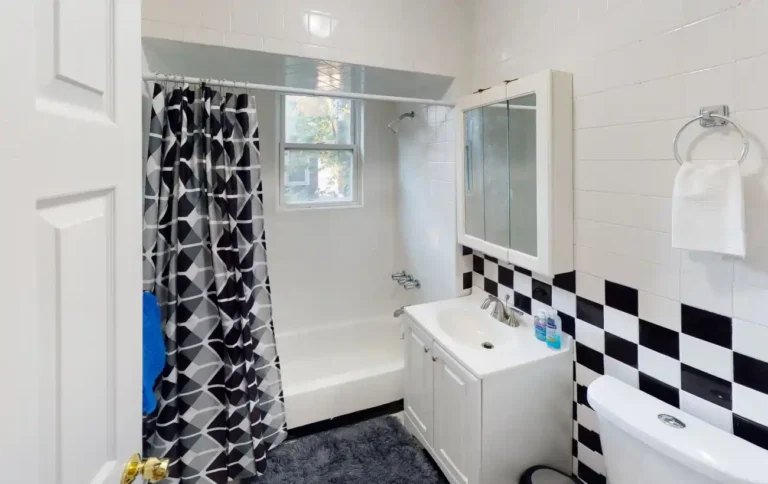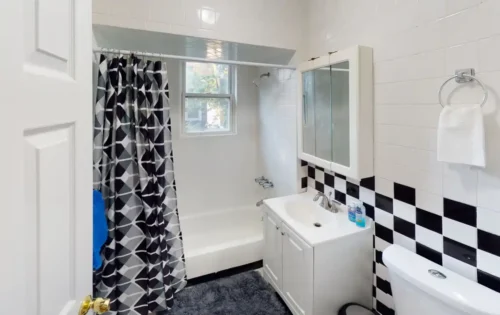CoinSmart Review: The Best Place to Buy, Sell and Accept Cryptocurrencies
August 8, 2023How Do Brokers And Liquidity Providers Work Together?
April 1, 2024What to Know About Sober Living vs Rehab

A sober living home is a residential home which is configured in such a way to be a safe place for people who are overcoming addictions to live. If you are struggling with your sobriety, sober living facilities can be a great option. Explore options as soon as possible and get the help you need to live a sober, fulfilling life.

Q: What comes first, detox or rehab?
- For some people, a sober living environment, such as a sober home, may even serve as a rehab alternative.
- One of the benefits of sober living after rehab is transitioning from rehab gradually into making positive choices and maintaining sobriety while receiving a lesser level of support.
- At first glance, it’s obvious that both of these drug rehabilitation facilities are semi-similar.
- Explore “I Am Not Resistant” and learn strategies to overcome addiction and embrace a transformative journey.
The residents are also in constant contact with their recovery team, which makes it easier to adjust a treatment plan or realign goals. Unfortunately, clients were turned away from sober living homes if they were currently taking Suboxone as prescribed by their addiction treatment doctor. An important consideration that should not be overlooked is the possibility of checking into a sober living facility. For some people, a sober living environment, such as a sober home, may even serve as a rehab alternative. Both approaches play a significant role in long-term recovery, helping individuals regain control of their lives.

Recovery
- At the same time, sober living community residents are being prepared to transition back into the “real world.” In the process, they are also learning how to build a structured routine in their life.
- Both rehab and sober living offer unique benefits that can significantly enhance recovery success.
- While the brain can recover with time and abstinence, treatment plans should be personalized to fit each person’s unique needs.
- I believe that it would not be too difficult to screen these facilities to see which ones are open to the possibility of working with a team to provide an alternative to residential rehab, and which ones are not.
- The purpose of rehab centers is to provide their patients with as much support as possible on their journey to recovery.
The state operated houses may also be referred to as Transitional Centers, Community Recovery Centers, or Reentry Centers. At Dove Recovery, we can help support you with extra assistance to ensure your successful path to recovery. Do not be discouraged if https://ecosoberhouse.com/ you have PAWS — it is completely normal when detoxing from alcohol.
Get Help With Addiction

The primary role of rehab is to help a person understand the root causes of their addiction so they can develop skills and strategies for managing those triggers. Ethos Structured Sober Living is an all male community in recovery located in the heart of West Los Angeles. Our primary purpose is to foster long-term sobriety through the cultivation of accountability, camaraderie, & character development. Despite having larger incidents of substance abuse than other age groups, college… Often, folks who have completed a sobriety treatment and transitioned into a sober home… Rehab programs often require you to stay at the facility 24/7 to prevent you from relapsing and shield you from outside triggers.
While each plays a vital role in a person’s recovery process, they differ in several ways. Research has shown that longer-duration rehabilitation programs are generally more effective than short-term rehab. A study showed that people who received long-term treatment or support had a 23.9 % greater chance of better outcomes than people who received short treatment. For the peer-mentoring group intervention, participants received information regarding HCV and learned risk reduction skills. By the fifth session, training participants were involved in Alcoholics Anonymous outreach and delivered information about reducing HCV transmission risk. The goal is to transition to an independent lifestyle, free of substance abuse and addiction.
- The future of sober living, or maybe a better term would be “support living”, is in the hands of forward thinking sober living home owners and managers who see the possibility of helping a much wider variety of clients.
- Discover 5 ways to protect your child from drugs and empower them to make healthy choices for life.
- Acceptance Recovery House is a recovery residence program providing 12-step sober living to men recovering from substance use conditions.
- Losing the accountability that the structure of a treatment program provides, you may worry that your recovery could be impeded.
- The cost difference between an inpatient treatment program, outpatient program, and sober home is something we can discuss with you or your loved ones when you reach out to us.
What possibilities are there for the future of the sober living home model?

Sober living housing programs are different from rehab as they are meant as a form of supplemental support rather than a medical and behavioral treatment facility. Research indicates that longer stays in sober living homes correlate with positive outcomes, such as reduced relapse rates and improved employment opportunities. Residents who adhere to house rules and engage actively in community recovery efforts often benefit the most. Structured support offered by sober living homes is designed to enhance residents’ recovery journeys, facilitating a successful transition back into society while emphasizing accountability and community support. We offer residential and sober living treatment programs to provide comprehensive recovery options. At the same time, sober living community residents are being prepared to transition back into the “real world.” In the process, they are also learning sober house vs rehab how to build a structured routine in their life.

Sober House vs. Rehab or Treatment Center
Detox and rehab begin the recovery process and extend over periods lasting up to 90 days. Detox rids the body of the toxic substance(s) while addressing withdrawal symptoms through a medically monitored process. Rehab introduces evidence-driven therapies to provide new positive and healthy coping mechanisms while delving into the personal components of the addiction. According to the National Institute on Drug Abuse (NIDA), around 40-60% of people in recovery experience relapse, making the structured support provided in rehab a critical component of long-term recovery success.
